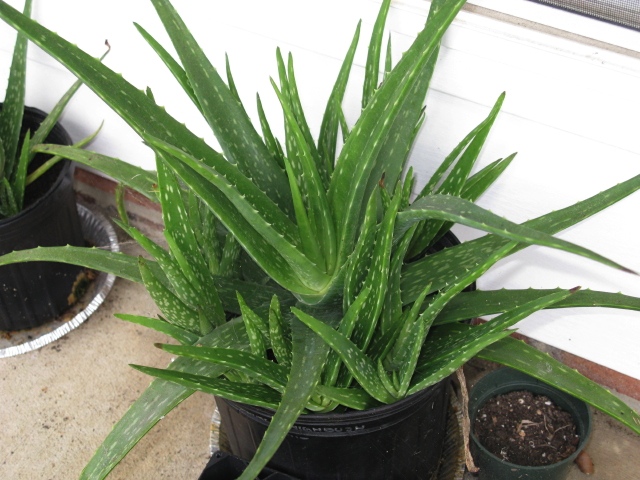Thursday, August 20, 2009
Yard Scenes
Tuesday, August 18, 2009
The First Sane Words . . .
The wealthiest nation in the world ought to be the healthiest nation in the world. But we're not. In fact, the U.S. ranks a dismal 24th in life expectancy, and we lag on many other health measures, as well.The problem is that, while the U.S. spends far more on health care per capita than any other country, we spend it unwisely. More than 75 percent of all U.S. medical expenditures are accounted for by chronic conditions such as heart disease, cancer, diabetes, stress, and depression—man of which are preventable by changes in diet and lifestyle. Meanwhile, we spend peanuts on prevention—less than five percent of health care spending in the U.S. goes toward the prevention of chronic disease. In short, we don't have a health care system in America; we have a sick care system. And this misplaced emphasis on "sick care" is a major reason why there has been a shocking 78 percent increase in family health care premiums since 2001.
When Friends Become Your Food
Hi Trace,
Enjoy your photography and commentary! And I appreciate the thought you have put into the dilemma of killing and consuming your piggie pals. That thought process alone sets you apart from the vast majority of animal farmers in the world. You are definitely to be commended for creating a lifestyle for your pigs that lets them express all their porcine sensibilities — their “pigness,” as Joel Salatin likes to say. The pictures of your co-laborers on your farm gives evidence of the healthy life you’ve provided for them.
Could I add another thought here (as a vegan)? I think the very fact that you care about the dilemma you’ve created (killing that which you have “created” and grown to care for) is evidence that harvesting animals for food is an unnatural act. It’s easy to grow to feel the same way about a pig as we do about a dog or cat. They all enjoy belly rubs and ear-scratches and demonstrate pure pleasure that a tomato plant or tractor can not. You are certainly accurate to conclude that farm animals aren’t machines. It’s why we don’t kill and eat our pet dogs while they do in other cultures. There is obvious a lot of cultural confusion about what to do with animals we grow to care about. I think your sensitivity to the needs and ultimate end of your pigs is evidence that something in you/us wants NOT to kill them and eat them.
That reality then begs the question, Why should we? There is nothing in animal flesh that we need for good health that is not available in plants (with the possible exception of vitamin B-12 which, if we didn’t sanitize and cook our field crops, we’d get plenty of from the naturally-occurring bacteria that produce B-12)—and much that we don’t need (saturated fat, cholesterol, etc.). Therefore, eating animal flesh ultimately boils down to appetite and economics: Meat (fat) has a taste humans grow to like, and raising animals free-range is perhaps economically motivating.
So if taste and economics are the two main reasons for eating animals, we’ve only complicated our dilemma: We have now elevated our taste and pocketbook as higher values than the existence and pleasure of other sentient beings. In other words, we have to say to our porkers (chickens, cows), “I don’t need to kill you in order to be healthy, but I’m going to kill you because you taste good and you’re worth more to me dead than alive.” Ouch! No wonder we feel conflicted about the act.
Please don’t take my thoughts as adversarial, Trace. As I’ve said, I commend you for the public and deliberate way you’re working through your relationship to the animals you’re raising. I hope other animal farmers will learn from your example and that your commentary will stimulate further helpful and healthy dialogue on what is, at best, a complicated issue.
Ultimately, of course, I wish the human race could learn to co-exist with the non-human species in a non-confrontational way. Idealistic, perhaps, but as a Bible reader I see that peaceful coexistence was the pattern in the beginning (Genesis 2:19-20) and will be in the coming peaceable kingdom (Isaiah 11:6-9). Both man and animals were apparently created to be vegan (Genesis 1:29-30), though that pattern has been maligned through the ages. But I still think it represents the ideal to strive for. Dilemmas are not always avoidable, but the original plant-based pattern for living allows us to avoid the self-imposed angst we feel about loving, then consuming, our non-human friends.
Thanks again for sharing your thoughts and providing a forum for feedback and discussion. Best wishes in all your endeavors and efforts to create a food “system” that is sustainable and satisfying to all its participants, human and non-human alike.















